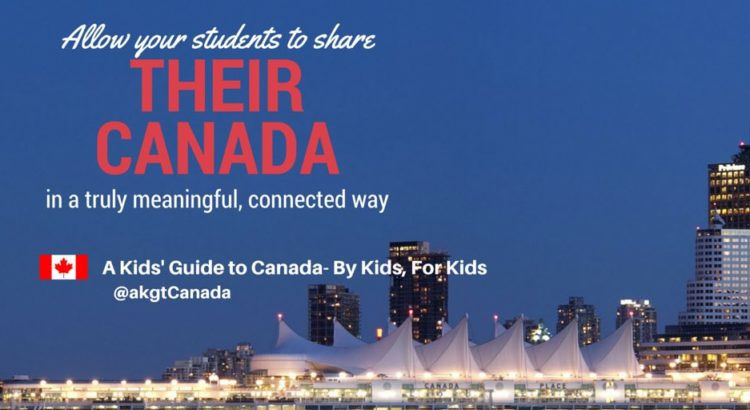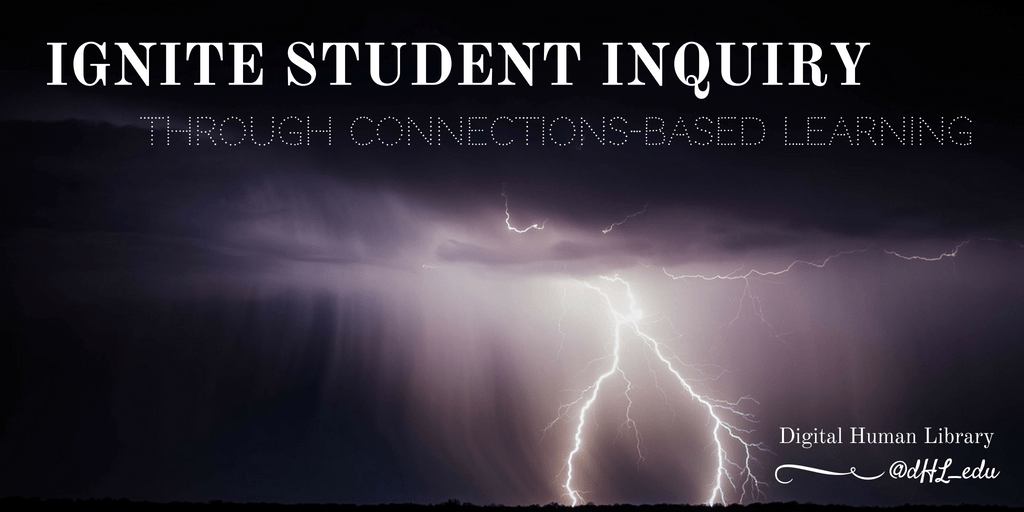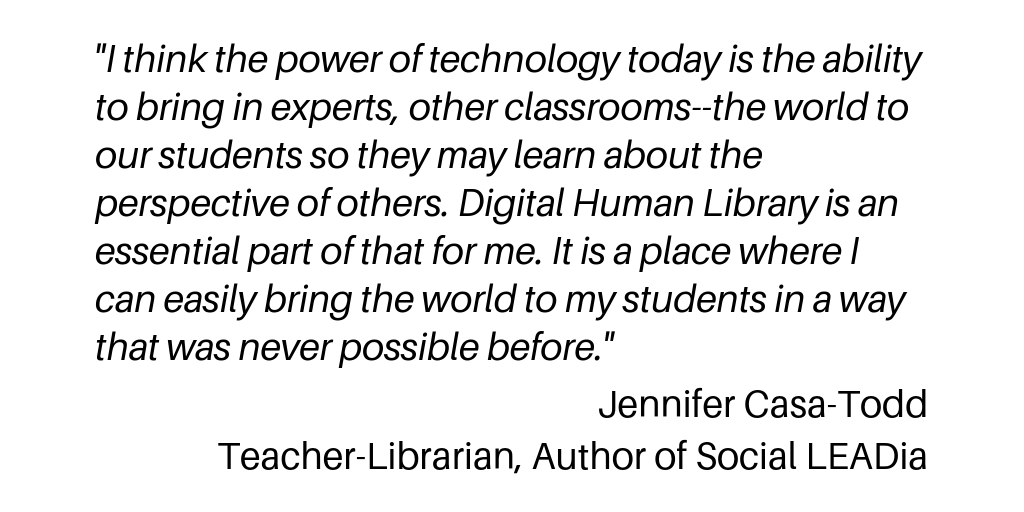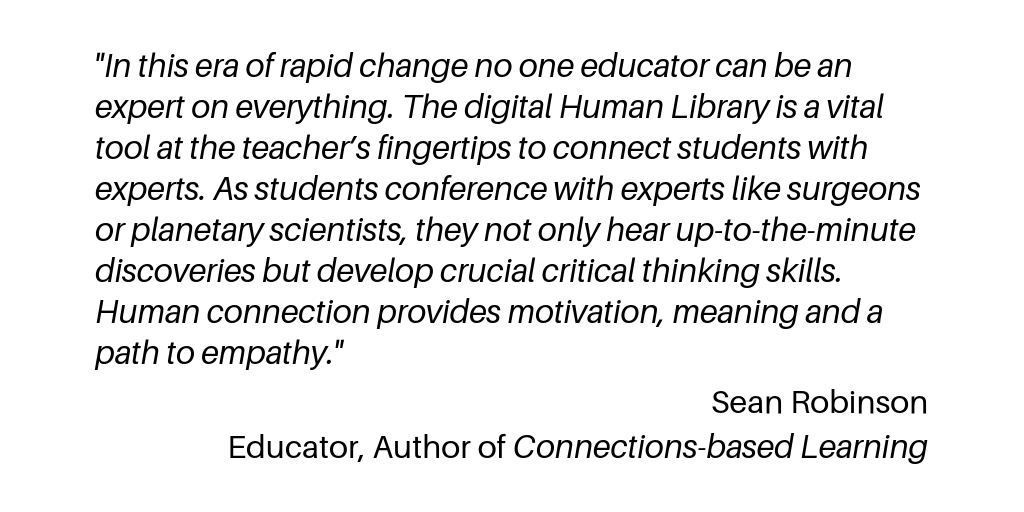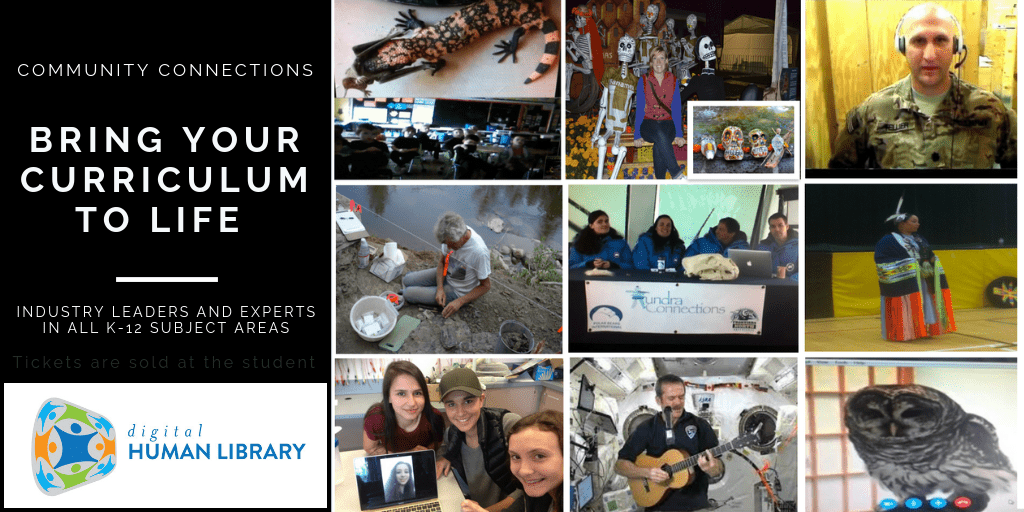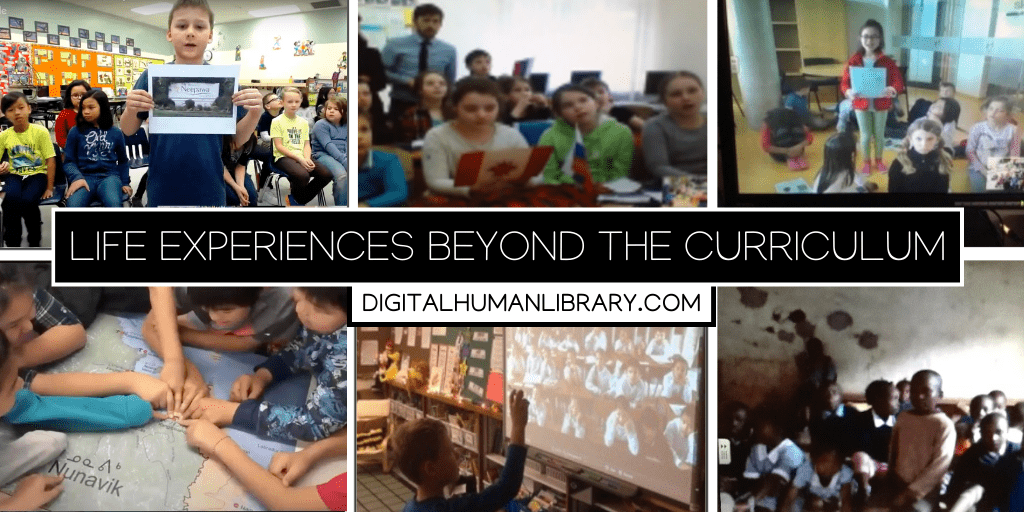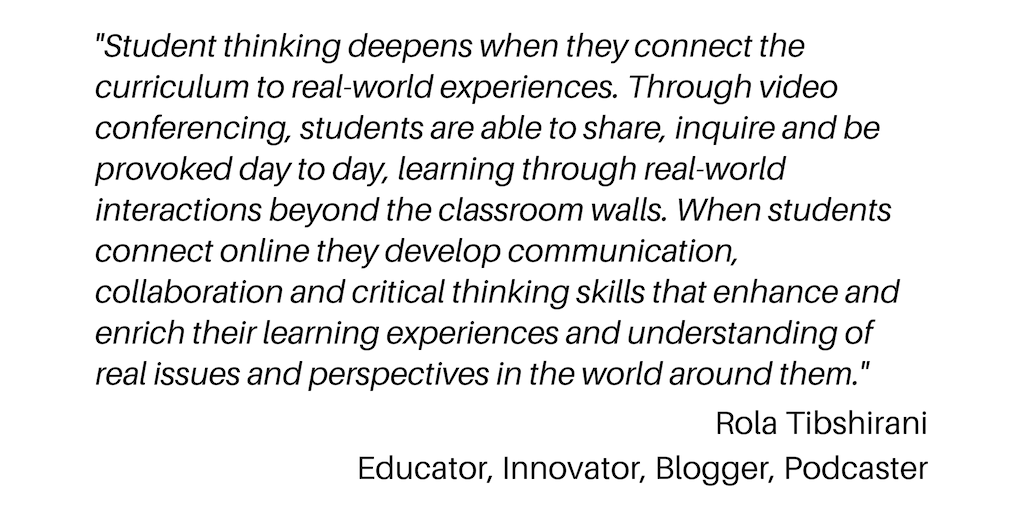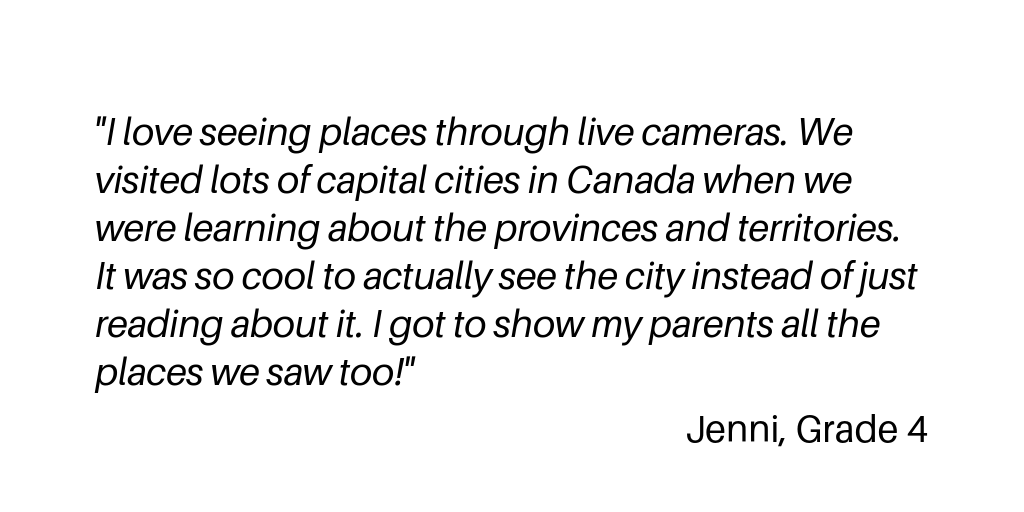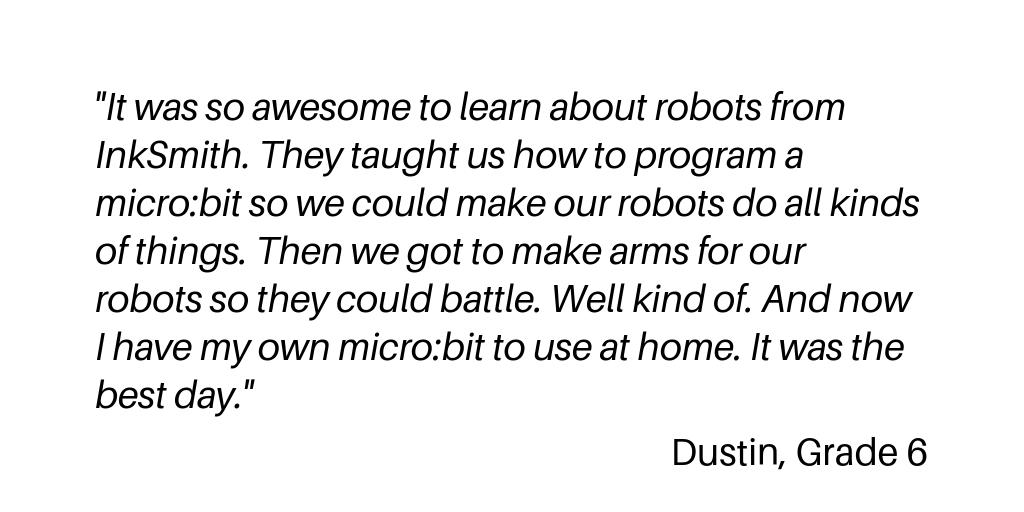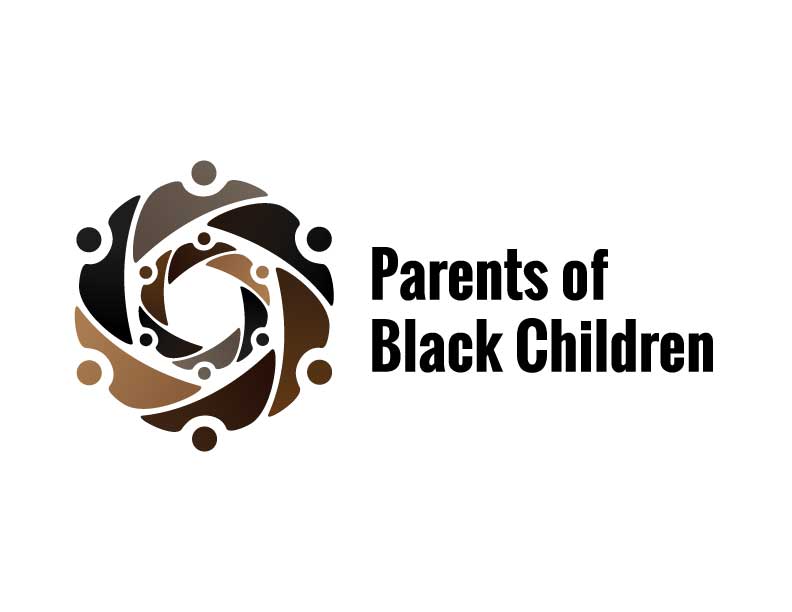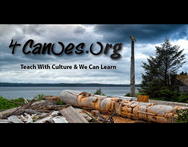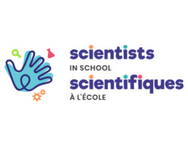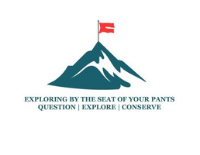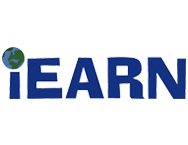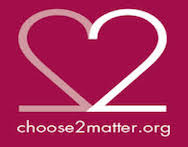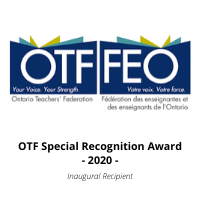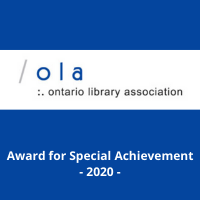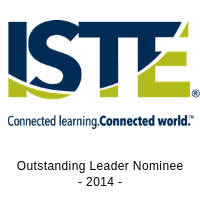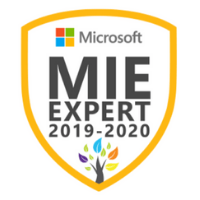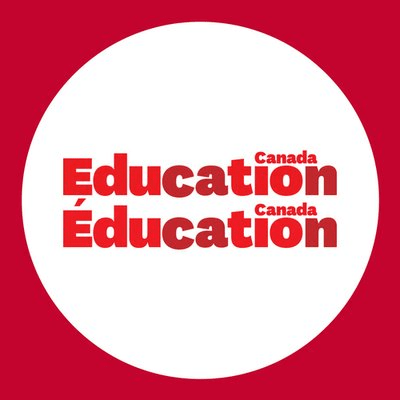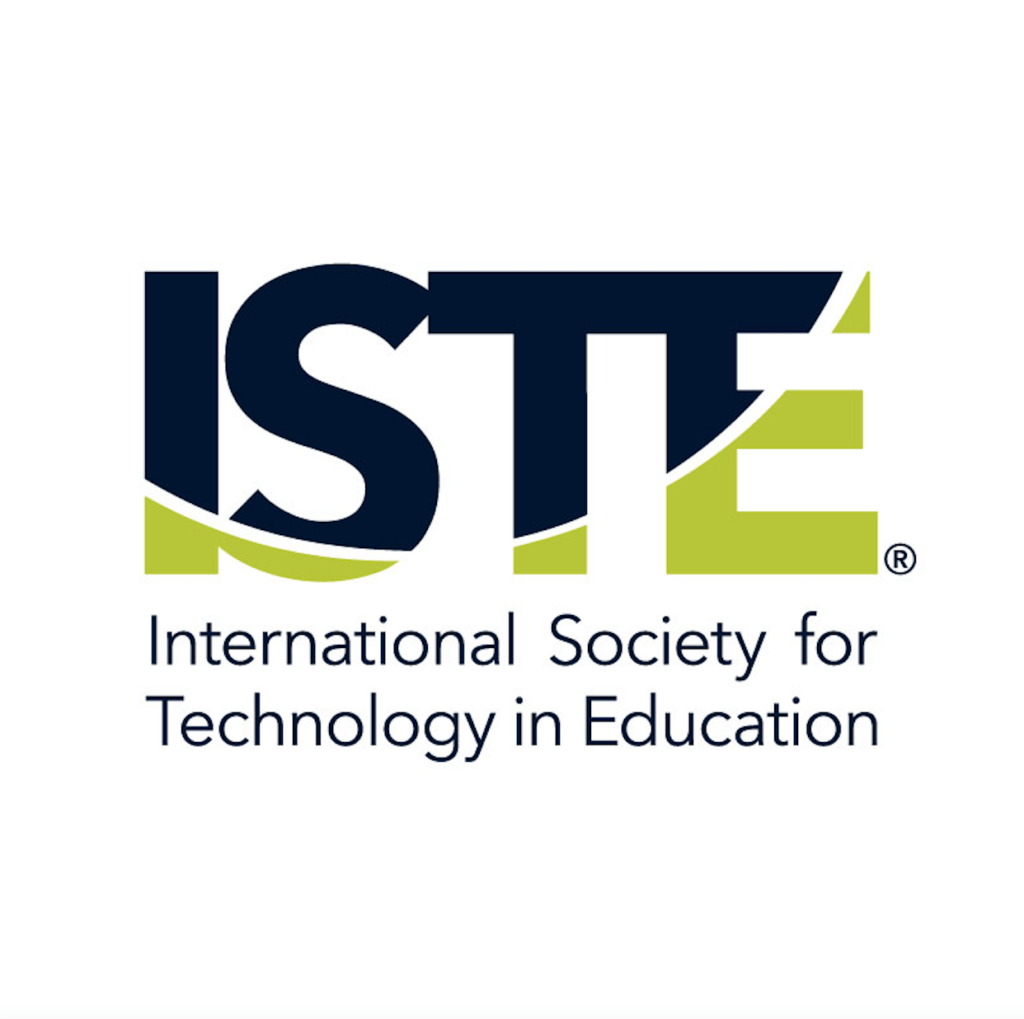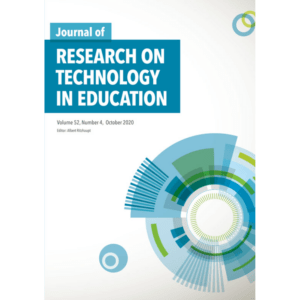Un guide du Canada
WELCOME to THIS EXCITING PROJECT!
AKGTCanada is a national teacher-led initiative organized by elementary teachers from across the country, and sponsored by the Canadian Education Association, Esri Canada, Digital Human Library, ihub Niagara, Orion Network, Contact North, Canadian Geographic Education, ABEL Program at York University, MediaSmarts Canada, and ECOO (the Educational Computing Organization of Ontario).
Beginning on January 1st, 2017, every elementary student in Canada from JK to Grade 8 is invited to mark the year of Canada’s 150th birthday by helping to write a new chapter in Canada’s story.
We’re asking students to collaborate and help create the first interactive and multilingual guide to Canada which has been produced by kids and for kids!
We’re challenging students in every corner of the country to investigate, honour, and introduce the land and people of their local home community to their 5 million peers who live across Canada’s vast physical and multicultural landscape – and to do so in their own native language wherever possible.
With a special focus on connecting students in marginalized, remote, minority language, and Indigenous communities, the project provides students with an exciting opportunity to use their choice of tools, old and new, to meet and start to truly get to know their multi-cultured peers, from sea to shining sea to shining sea.
Peer-to-peer connections, inquiry, and deeper learning are at this project’s heart and soul. In this historic 150th birthday collaboration, the youngest members of our Canadian, First Nation, Métis, and Inuit communities have a very real opportunity to contribute to a new culture of mutual understanding, empathy, and respect – where all children can grow up and celebrate being equally “Strong, Proud, and Free”.
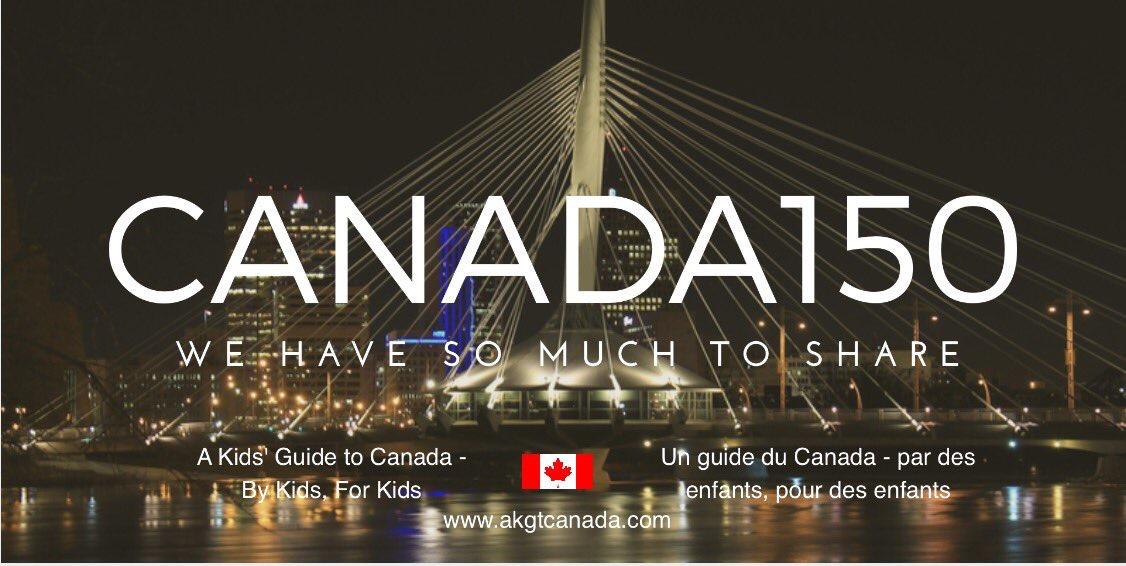
PROJECT GOALS:
The “A Kids’ Guide to Canada” project aims to:
1. To provide an authentic and meaningful way for the children of Canada to mark the occasion of Canada’s 150th birthday – to use the occasion to provide all elementary school-aged children with an exciting reason to learn about, celebrate, and share their home communities with the children of Canada
2. To provide an authentic opportunity for all Canadian elementary students to use their voice to collaborate and publish a modern interactive guide to Canada’s varied communities which is made by children and for children, in both official languages, and every Indigenous language possible.
3. To connect elementary teachers and students of all cultural and socioeconomic backgrounds for the purpose of learning – with a special focus on valuing and connecting marginalized, minority language, Indigenous and non-Indigenous students with their peers across Canada. [see TRC Call to Action 85 ii ]
4. To foster a culture of mutual understanding, empathy, respect, and collaboration amongst Canada’s youngest citizens – to help school children create personal relationships with their peers across Canada in order to help dismantle limiting and out-dated Canadian cultural stereotypes. [TRC Call to Action 63 iii ]
5. To support Canadian teachers learning to implement new pedagogies for connected learning, and new cultural skills needed for teaching effectively in a global classroom, especially as these relate to helping our students learn about, from, and with their diverse Inuit, First Nations, Metis, Francophone, Anglophone, and New Canadian peers.
Truth and Reconciliation Commission Calls to Action #63.3 …building student capacity for intercultural understanding, empathy, and mutual respect. #85.2 …continuing to develop media initiatives that inform and educate the Canadian public, and connect Aboriginal and non-Aboriginal Canadians.
GET INVOLVED
Join us to create a new culture of mutual understanding, empathy, and respect for all Canadians—register with A Kids’ Guide to Canada today!
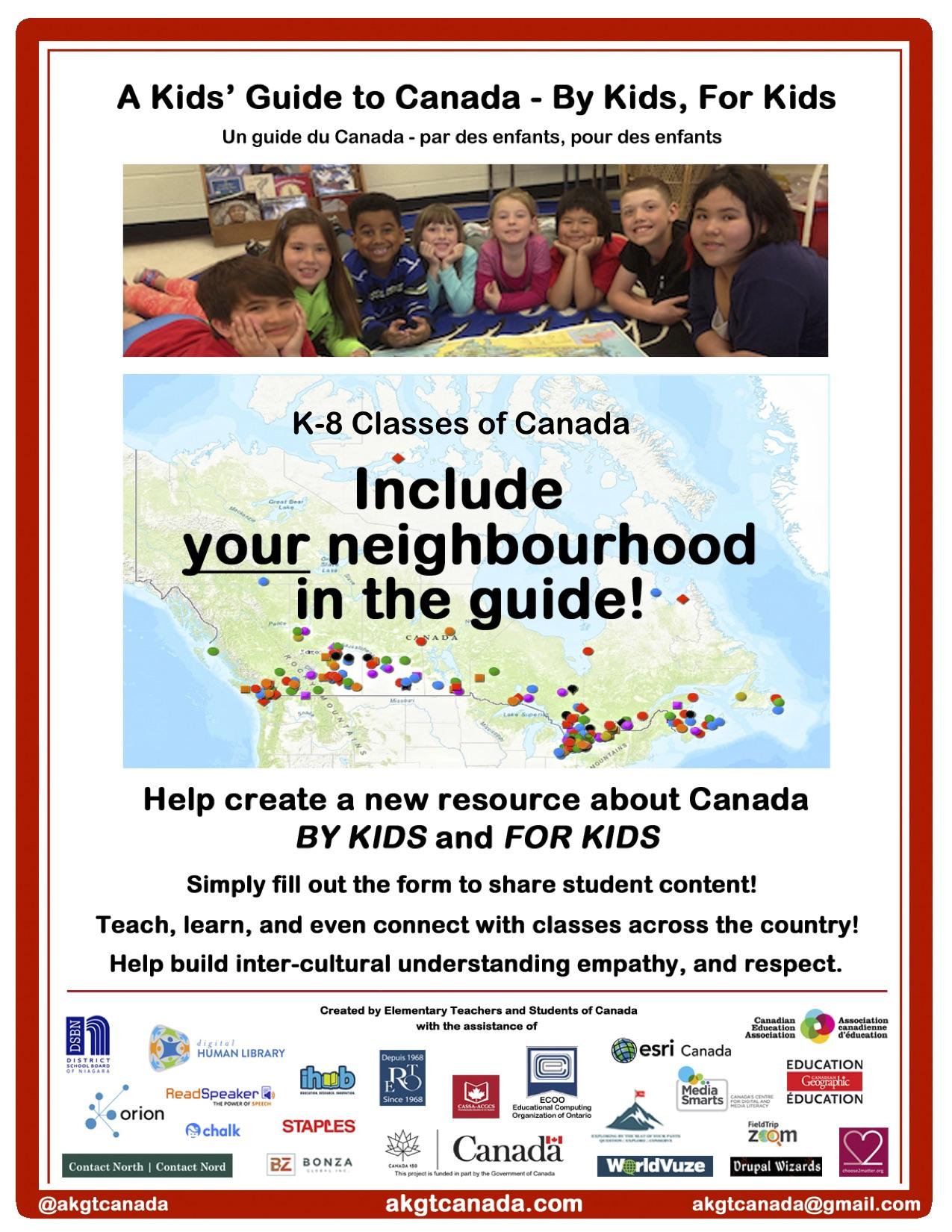
This post is also available in: Français (French)
